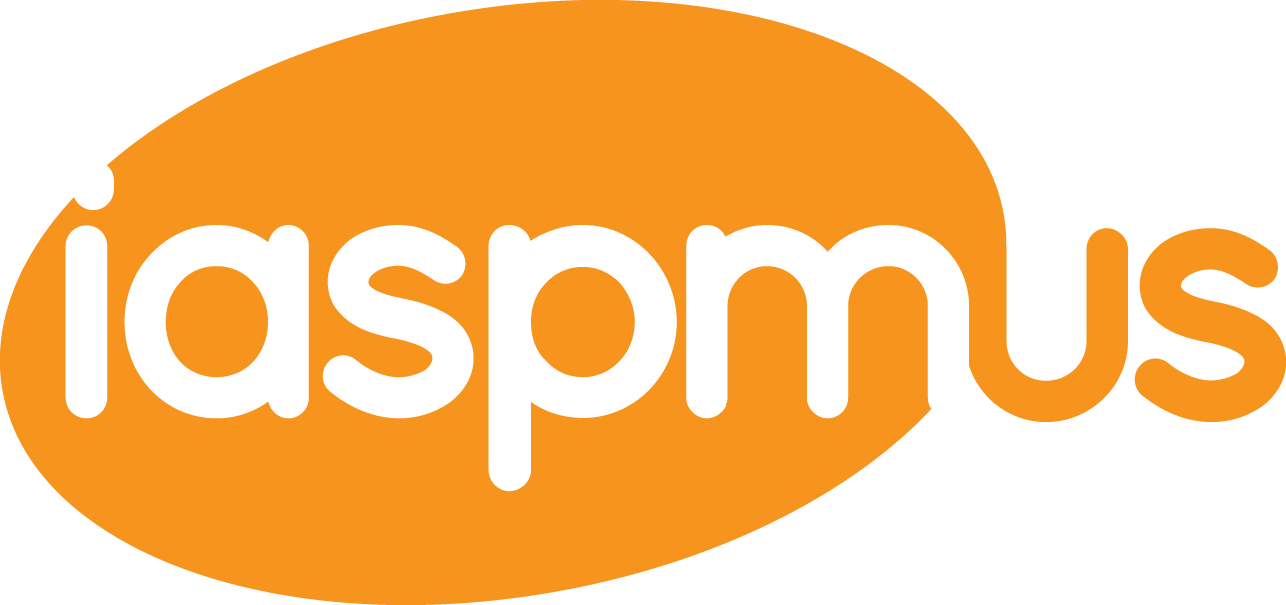Call for Papers: Chicago Music: Histories, People, and Scenes
AMS Pre-Conference Symposium
Submission deadline: April 1, 2024
November 13, 2024
Holtschneider Performance Center
DePaul University
2330 N. Halsted
Chicago, IL
We invite scholars, musicians, and arts programmers from diverse disciplinary perspectives to submit proposals for “Chicago Music: Histories, People, and Scenes,” a symposium to be held at DePaul University School of Music in Chicago, IL on Wednesday, November 13, 2024, prior to the American Musicological Society meeting, and sponsored by the AMS Popular Music Study Group and DePaul University. The symposium focuses on four themes that invite consideration of how music has impacted and been shaped by Chicago’s unique culture, economy, geography, history, and people:
The goal of the symposium is to foster conversations among participants from diverse disciplinary backgrounds and establish a groundwork for documenting and understanding Chicago’s musical life in its full richness.
The City of Chicago has been an important migratory and trade crossroads in North America, and as such, an influential city for many musical genres, including art music, blues, gospel, house, industrial, jazz, polka, punk/hardcore, soul, technobanda, and many others. Furthermore, power dynamics framed by factors such as class, ethnicity, geography, gender, race, religion, and sexuality, among others, contributed to the ways in which these scenes developed across city neighborhoods. In this symposium, we wish to highlight the significant historical trajectories, institutions, politics, people, and communities that have shaped the city’s music scenes. Music has played a central role in Chicago’s public cultural life since the 19th century, including large-scale public performances such as the Chicago Jubilee, organized by Patrick S. Gilmore, in 1873 to commemorate the city’s rebirth after the 1871 Chicago fire, the construction of architectural monuments to performance, such as the Auditorium Theatre in 1889, and the founding of major cultural institutions such as the Chicago Symphony. Neighborhood institutions have long supported local music scenes, such as South Side churches and dance halls that supported the growth of gospel, blues, and jazz, which blossomed into national and international genres. Industries such as music publishing, piano manufacturing, and recording studios flourished in the 20th century. In the 21st century, a variety of institutions support and promote Chicago’s music scenes: for-profit venues and festival promoters; non-profit arts organizations; community music schools and post-secondary conservatories, colleges, and universities; and civic bodies such as the Chicago Parks District, the Chicago Public Library, and the city’s Department of Cultural Affairs and Special Events (DCASE). There is much exemplary scholarship that focuses on specific genres of Chicago music. And yet, there are few if any sources that document and contextualize a cross-section of the city’s musical life. Chicago’s music scenes deserve closer attention, particularly from scholars engaged in discourses that transcend boundaries of genre and historical period.
Presentations will be limited to 15 minutes, followed by a generous amount of time for discussion after each panel. Proposals of 250 words are due April 1, 2024, and should also include a brief (three or four sentence) biography. Please email text or Word files (no .pdfs), along with any questions, to chicagomusicsymposium2024@gmail.com. Notifications are expected by May 2, 2024. The organizers anticipate co-editing a proposed volume that includes contributions from this symposium.
Program committee: Kate Brucher (DePaul University), Andrew Mall (Northeastern University), and Michael Allemana (University of Chicago and University of Illinois at Chicago)
Website: Chicago Music: Histories, People, and Scenes: https://amspop.wordpress.com/2024/02/09/ams-pmsg-2024-pre-conference-symposium/
